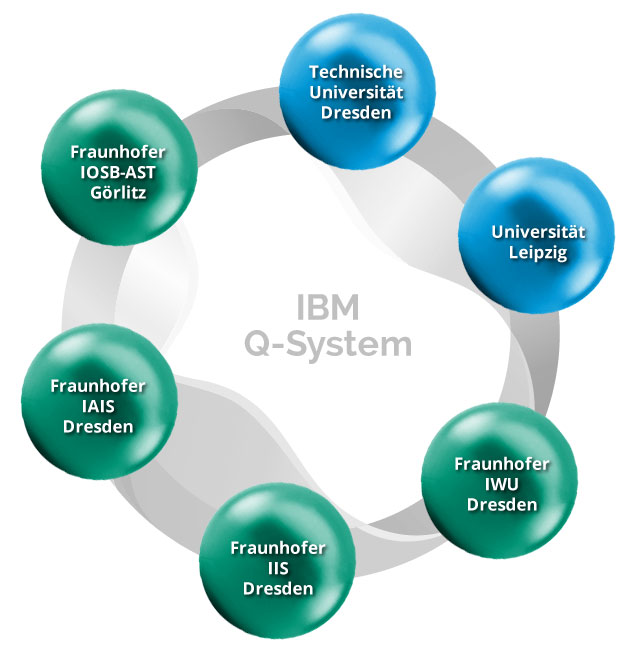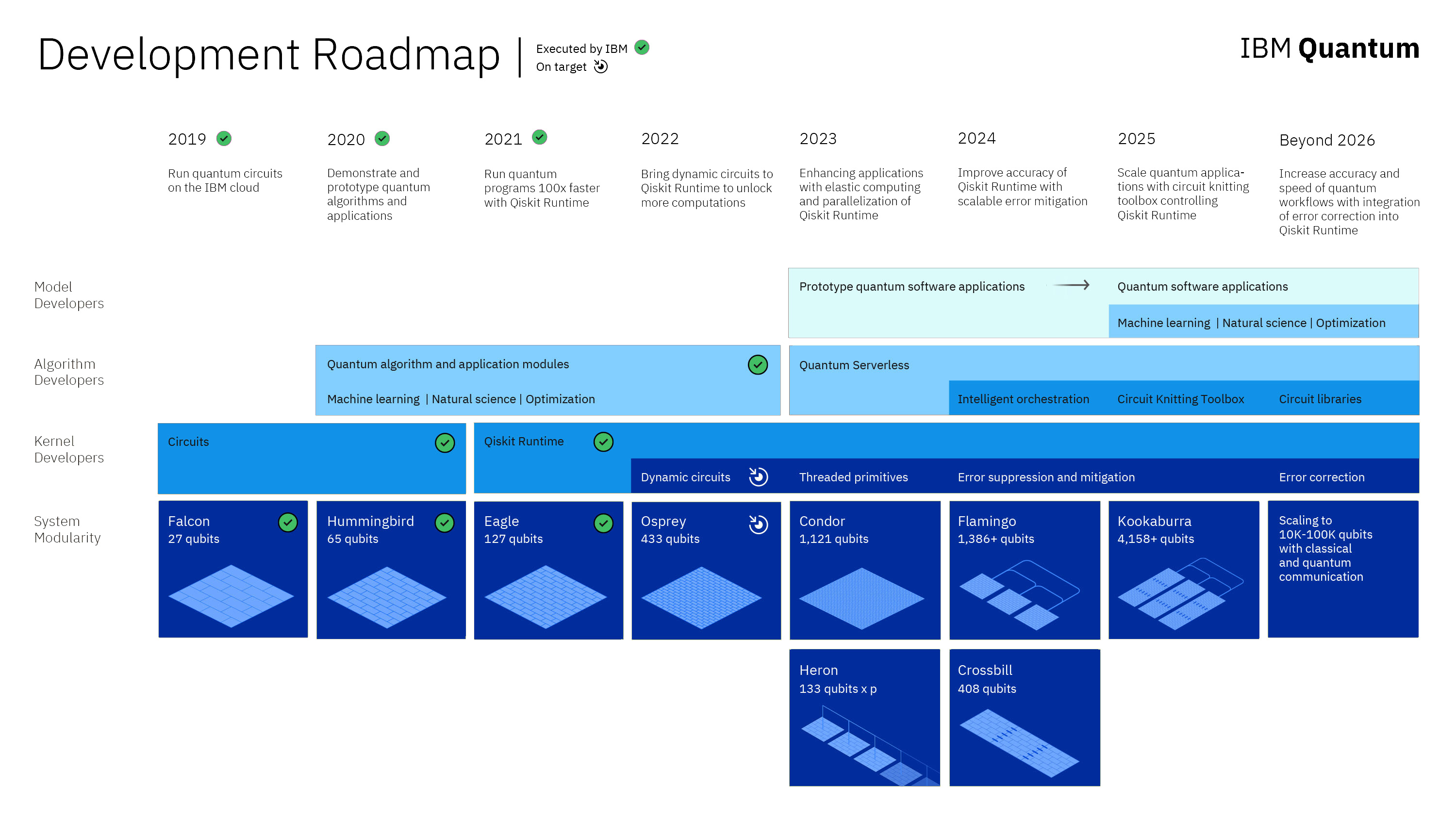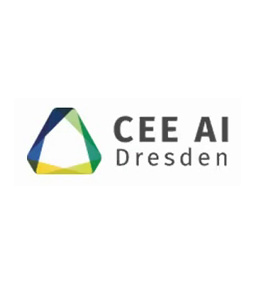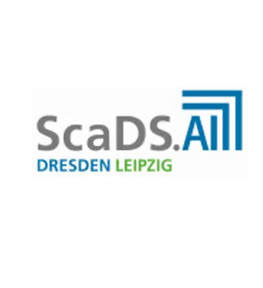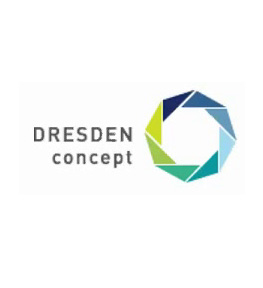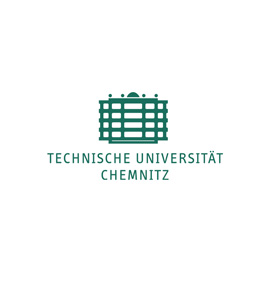QAPPS Vision
Applications and Research

Focus Industrial Applications
On the application side the QAPPS consortium is focused on the collaboration with industrial partners. We analyze problem sets and application scenarios of our partners and develop together pilot solutions using state of the art quantum machines of our technology partners. In R&D projects application scenarios are formalized, algorithms to approach them are implemented and evaluated.
Goals:
QAPPS is dedicated to prepare Saxony as a location for business and industry towards the future application of the quantum computing technology in innovative products and services.

Focus Foundations and Education
On the research and education side the QAPPS consortium is focused on scientific questions in the field of quantum computation and quantum information and its future directions. Besides research work on the foundations of the field, we build up a knowledge base about the current techniques and algorithms to provide education and training at universities and for interested partners.
Goals:
QAPPS aims to prepare specialists for the upcoming quantum revolution by providing sustainable education in the field and establish Saxony as leading center for quantum computing.
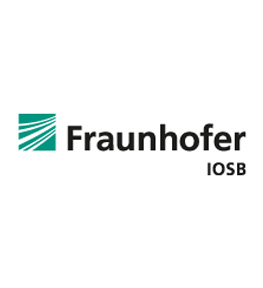
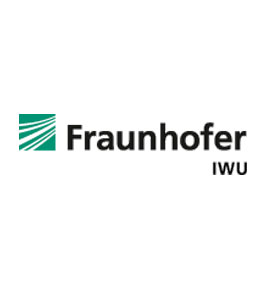
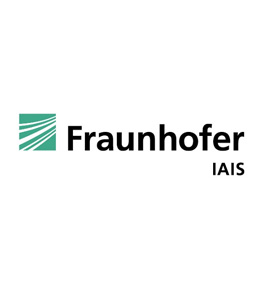
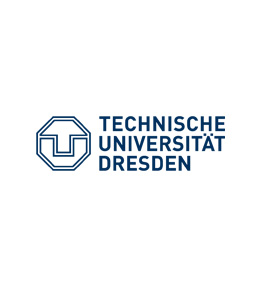
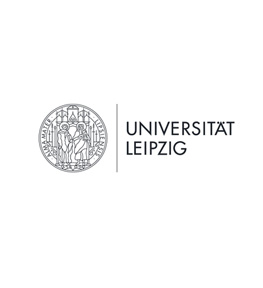
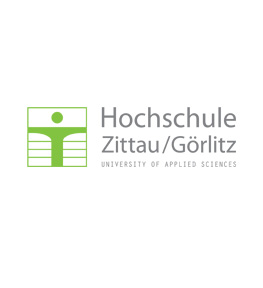
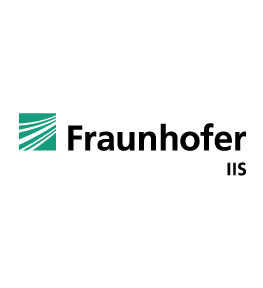



 https://www.youtube.com/playlist?list=PLSx...
https://www.youtube.com/playlist?list=PLSx...

